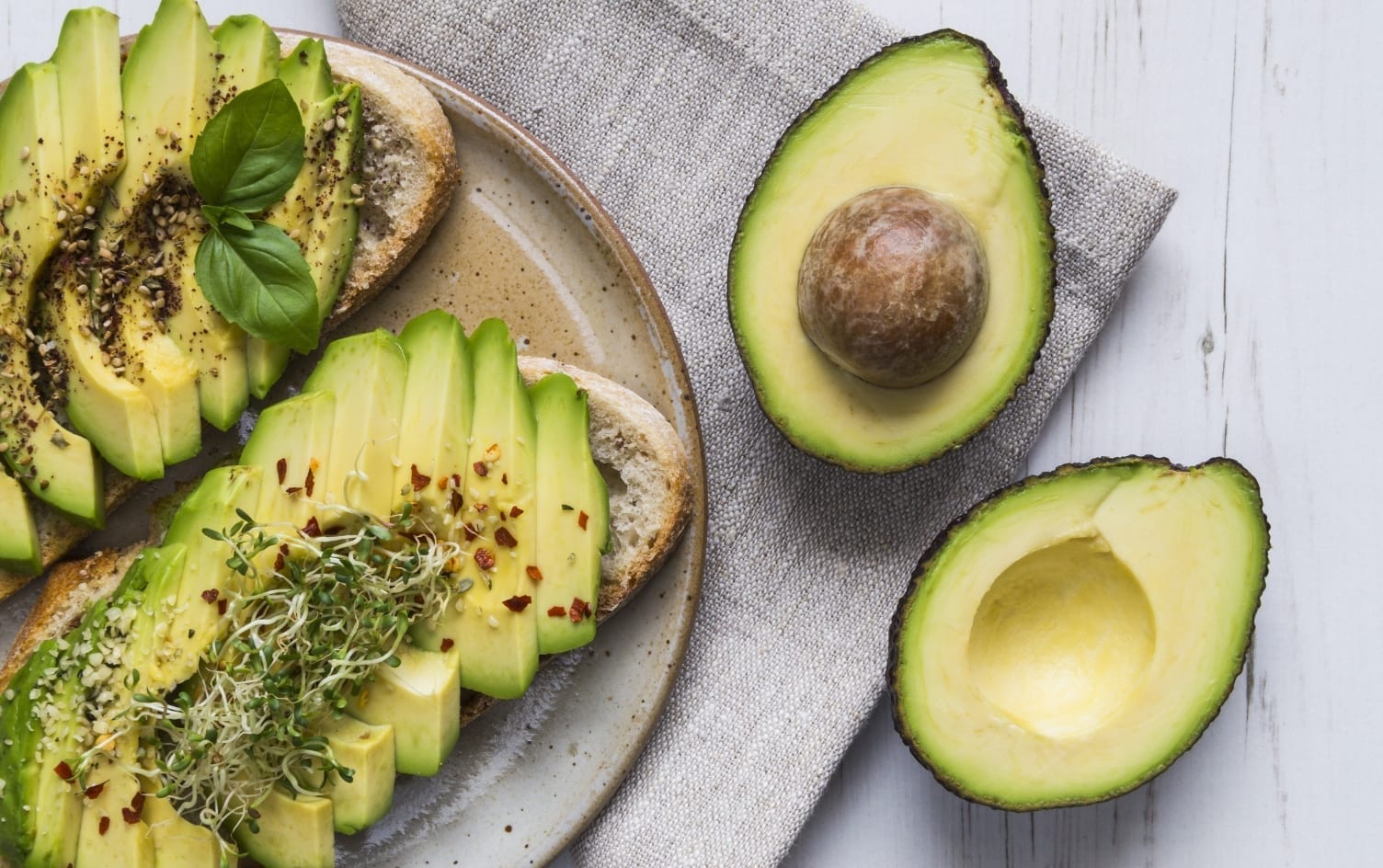Eating mostly whole foods in lieu of processed ones is a common weight-loss and maintenance strategy. And it’s a good one, because fruits, vegetables, nuts, seeds and lean proteins are likely to help you stay full longer, meaning you’ll have less room for the not-so-wholesome stuff. It’s also a way of eating that supports a healthy lifestyle that’s sustainable for the long term.
But as many who have done the Whole30 diet or other similar “clean eating” plans discover, just because you’re eating healthy foods doesn’t necessarily mean you can eat an unlimited amount of those foods and still lose weight. That’s because certain healthy foods also happen to be calorically dense, meaning that for their volume, they have a higher concentration of calories than other foods.
Calorie-dense foods (even if they’re unprocessed) can be easy to overeat, since they tend to be tasty and don’t take up as much space in your stomach. When weight control is a concern, those extra calories can add up.
Here, nutrition experts share the healthy foods to eat in moderation if you’re trying to lose or maintain your weight.
AVOCADO
“While they’re chock-full of healthy fats, they still contain calories,” explains Amy Plano, RD. One serving is about 1/4 of a full avocado, or around 80 calories, depending on the size of the avocado. “However, no one waits for the perfect avocado to just eat a quarter of it,” Plano points out. “They usually eat the whole thing, which is about 320 calories.”
People also commonly overeat guacamole, Plano says. “A serving of guacamole is 2 tablespoons, which is 50 calories. Most people polish off more like 1/2 cup in one sitting — if not more, which can easily be up to 400 calories. In addition, “the foods that people dip in guacamole, like corn chips, pita chips and fried plantains, further drive up the calorie count.” If you’re watching your weight, experts recommend keeping your consumption to half or less of one avocado per day.
DRIED FRUITS
These are called “nature’s candy” for a reason. Though dried fruit is a completely natural whole food, it’s also more calorie-dense than regular fruit. “Whole fruits are a better choice because they offer a larger volume compared to the same amount of calories from dried fruit,” explains Summer Yule, RD. That translates to feeling more full and satiated after you’re done eating. “If you do eat dried fruit, stick with a small portion, such as a few tablespoons of raisins as an oatmeal topping,” advises Yule. Whenever possible, avoid snacking directly from the bag, she adds.
NUTS
“Nuts are a nutritious snack or boost to a meal, but they are extremely calorie dense,” says Danielle Schaub, a registered dietitian and nutrition and culinary manager for Territory Foods.
“While the fats in nuts reduce the risk of heart disease, total fat and calories are important if you’re watching your weight. A single serving of nuts is 1 ounce, or 1/4 quarter cup of nuts.” Consider tracking your intake with an app like MyFitnessPal or buying single-serving packets.
OILS
“Since so many are on the keto and coconut oil bandwagon, I see a ton of people who ingest a lot of these healthy fats, but in excess, and then wonder why they gain weight,” says Stephanie Searor, RD. One tablespoon of plant-based oil has approximately 14 grams of fat and 126 calories, so ideally, you want to pay attention to how much oil you’re drizzling on your meals or using in cooking. Stick to a thumb-size portion, she recommends.
PEANUT BUTTER
Peanut butter — and all nut butters in general — is often touted as a high-protein plant-based food, but because it’s so delicious, it can be difficult to stick to just one serving. “This tends to be one of the biggest offenders among my patients,” says Plano. “A single serving is 2 tablespoons, which is 200 calories. People often end up eating more like 1/4–1/2 cup (400–800 calories).” So while peanut butter definitely shouldn’t be off-limits if you’re trying to lose or maintain your weight, it’s a good idea to measure out your portion and then put the jar away.
STORE- OR RESTAURANT-BOUGHT SMOOTHIES
“I can’t tell you how many people are so pleased to inform me they are consuming a smoothie instead of their usual fast-food meal,” says Jennifer Singh, RD. If it’s a homemade smoothie made from fruits, vegetables, protein and a low-calorie liquid, that’s one thing. But the versions you don’t make yourself are often filled with all sorts of unnecessary additives, sugar and excess calories and come in large portions, says Singh. “If you must buy a smoothie, know the ingredients and the balance of calories, fiber, sugar and protein. Aim for the smallest portion that will satisfy you.”
TRAIL MIX AND GRANOLA
Even the healthiest trail mixes and granolas (including the grain-free kind) tend to be high in calories, since they’re a mix of nuts, seeds, fruits and oil, says Schaub. “Though we sometimes think of granola as cereal, it is not meant to be eaten by the bowl. A serving of granola is only 1/4 cup and provides roughly 160 calories and 14 grams of fat. Anyone watching their weight should be mindful of these serving sizes.”
WHOLE-WHEAT BREADS AND BAKED GOODS
These can be a healthy choice thanks to whole grains and fiber, but whole-wheat flour has the same number of calories as white flour, notes Yule. “Many people find it very easy to over consume foods with flour, particularly because flour tends to be baked into delicious treats like muffins and cookies. Aim for no more than 1–2 servings of grains per meal or the equivalent of 1–2 slices of bread,” she advises.




